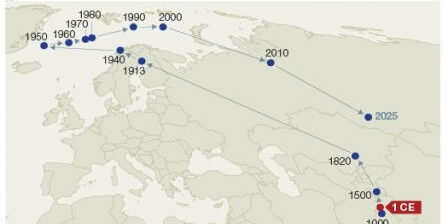12 août 2012
La très forte urbanisation des pays émergents entraîne l’apparition de nouveaux consommateurs. Elle doit inciter les entreprises qui veulent capter ces nouveaux marchés à avoir des approches ciblées ville par ville, et non plus pays par pays. Elle interpelle également les pouvoirs publics qui doivent investir massivement pour maîtriser cette évolution et encourager la croissance qui en découle. Tel est l’argument de la riche étude que vient de publier le cabinet McKinsey, téléchargeable ici, qui s’intéresse également aux économies développées.
Extrait :
The shifting urban economic landscape is creating new challenges for city leaders and national governments across the globe. Policy makers in rapidly expanding emerging market cities need to manage that process in order to maximize its benefits and avoid future constraints on growth. In the developed world, large cities looking to sustain growth need to forge close commercial, trade, and personal links with the emerging market dynamos—particularly middleweights— that are remaking the urban world.



Source : McKinsey Global Institute – « Urban World and the rise of the consuming class » – June 2012
Cf. également :
« La consommation mondiale favorisée par l’urbanisation » – Les Echos – 7 août 2012
Supersized cities – China’s 13 megalopolises – Juillet 2012 The Economist Intelligence Unit
« La nouvelle privatisation des villes », revue Esprit, mars-avril 2011, article dans lequel nous citions un certain nombre de références sur cette tendance (téléchargeable ici).


